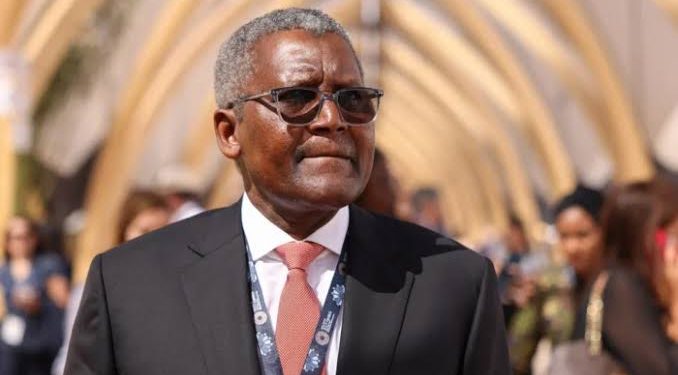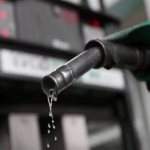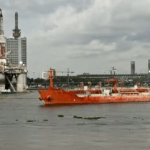The President of Dangote Group has said Nigerians are currently paying just 55 percent of what consumers in neighbouring ECOWAS countries spend on petrol. This, he said, is the result of local refining made possible by the Dangote Refinery, which is now playing a critical role in stabilizing fuel prices and boosting industrial productivity across Nigeria.
Speaking during a high-level visit to the 650,000 barrels-per-day Dangote Refinery in Lagos by the ECOWAS Commission, the business leader took the opportunity to showcase the facility’s capacity and the economic advantages it offers for Nigeria and the wider West African region.
According to him, petrol is being sold between N815 and N820 per litre at the refinery, compared to the average of N1,600 per litre in neighbouring countries. “Many Nigerians don’t realise they are currently paying just 55% of what others in the region are paying,” he said, highlighting the cost advantage created by refining crude oil domestically.
The ECOWAS delegation was led by the bloc’s President, along with key commissioners and officials, who toured the massive refinery complex and were briefed on the facility’s role in transforming Africa’s energy sector.
During the tour, Dangote restated his long-held view that Africa’s dependence on imported goods is detrimental to its development. “As long as we continue importing what we can produce, we will remain underdeveloped,” he said. “This refinery is proof that we can build for ourselves at scale, to global standards.”
He also addressed doubts about the refinery’s production capacity, noting that not only is it sufficient for Nigeria, but it can also serve other countries in West Africa. “There have been many claims suggesting that we don’t even produce enough to meet Nigeria’s needs… now, they are here to see the reality for themselves,” he added.
Dangote cited the impact of local diesel production as an example, revealing how prices were slashed from N1,700 to N1,100 when domestic refining began, benefiting industries such as mining and agriculture. He noted that similar relief is being extended to petrol consumers and hinted at even larger initiatives in the pipeline to benefit Nigerians further.
The President of the ECOWAS Commission, impressed by the facility, described it as a “beacon of hope for Africa’s future.” He called on others to believe in Africa’s potential and invest accordingly. “What I have seen today gives me a lot of hope… this is exactly what our continent should focus on,” he said.
Touray also stressed the importance of the refinery in helping ECOWAS countries meet their clean fuel targets. Unlike many imported products, Dangote’s Euro V standard fuel meets the 50ppm sulphur limit, which improves health and environmental safety across the region.
He called for greater private sector involvement in ECOWAS’s industrialisation drive, emphasising that the success of the Dangote Refinery illustrates what is possible when local vision and commitment meet world-class execution.
As economic pressures persist, the refinery stands out as a critical lever in making fuel more affordable, reducing Nigeria’s import dependence, and advancing industrial capacity across the region.










